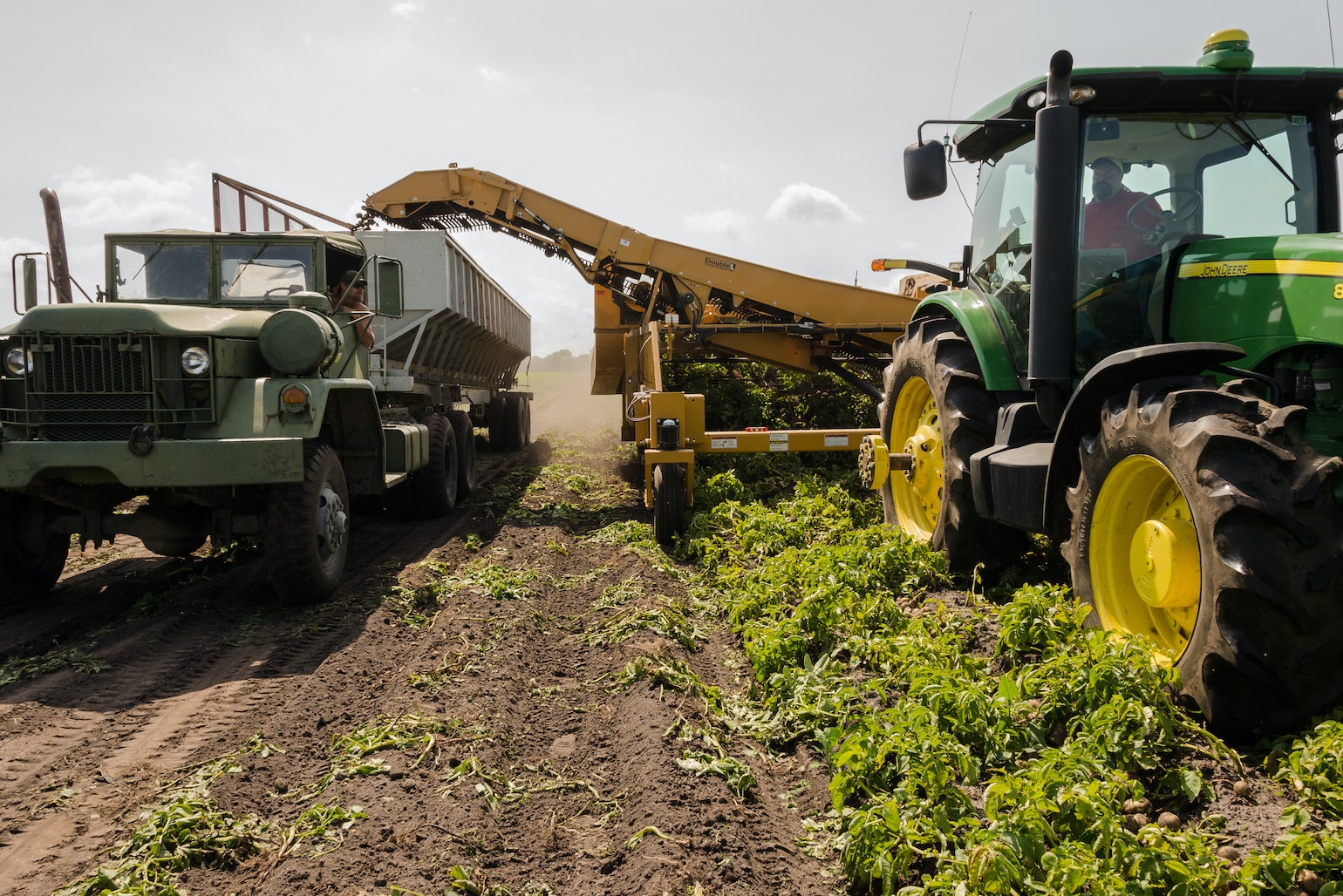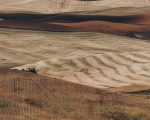Things are not so crook in the bush now, with high subsoil moisture conditions creating ideal cropping conditions in most parts of the country.
Sadly, these conditions – exemplified by expectations of a bumper wheat harvest – are not exactly being reflected in the valuation of the listed agricultural sector. One dampener – or non-dampener – is the weather bureau’s insistence that we are on the cusp of another El Nino dry cycle.
Shares in the sector stalwart Elders (ELD) have lost one-third of their value over the last 12 months.
Shares in the 200-year-old Australian Agriculture Co (AAC) have declined a beefy 20 per cent. The fortunes of the country’s biggest pastoralist have not been helped by last week’s revelations that British billionaire Joe Lewis is accused of “brazen insider trading” on the company’s shares.
Meanwhile, the fertiliser and explosives maker Incitec Pivot (IPL) has fallen from favour amid ongoing tensions about the planned demerger of the fertiliser business amid wilting global prices and gas supply problems.
On June 6 the company said CEO Jeanne Johns would step down, effective immediately.
At Elders, the opposite happened with Mark Allison shelving his retirement plans to continue as CEO – a role he had held proficiently since 2014.
A year ago, Elders was in clover amid booming soft commodity prices, good rains and the Ukraine war.
But Elders’ half-year numbers were affected by flooding and softening commodity prices – especially for cattle. Also, cockies stocked up on farm chemicals during the pandemic and have plenty of inventory in the sheds.
As a generalist purveyor of farm supplies across its ubiquitous outlets, Elders is hard hit when farmers decide not to spend.
But management is sanguine about the outlook, citing ongoing strong demand for commodities, which are expected to support “favourable trading conditions in the second [current] half.”
As is always the case with farming, ideal conditions tend to last about as long as a beer keg at a B&S ball. But are things really as crook in the bush as what the wilted share valuations imply?
Grain handler GrainCorp (GNC) pleased investors with better-than-expected interim numbers and an upgrading of full year expectations to a net result of $220-260 million, compared with the previous guided $180-220m.
Notably export facilities are at capacity, having shipped 4.4 million tonnes of grains and oilseeds – valued for renewable fuels – during the half.
The company reports average or above average rainfall in the main east coast growing areas in March and April – conducive to decent winter cropping.
GrainCorp also upgraded its “through the cycle” earnings estimate – a long term average of good and adverse conditions – from $240 million per annum (in underlying terms)to $310 million. Insurance cover on grain receival volumes make such bold predictions more than a stab in the haystack.
In May Australian Agricultural Company (AAC) last month reported its net profit for the year to March had collapsed to $4.6 million from $137 million previously. This reflected a $112 million write down of the value of the company’s 433,000 cattle, given the lower prevailing prices.
Otherwise, management is – er- bullish on the demand outlook for its beasts, which these days are skewed to the in-demand Wagyu variety.
But what is the soggy La Nina does morph into the Big Dry?
Investors might want to hedge their bets with the interesting Duxton Water (D2O), which owns a swathe of water rights, mainly in the southern section of the Murray Darling Basin.
These rights are either traded or leased to irrigators on multi-year contracts.
Duxton shares have defied both the share market downturn and the unprecedented soggy conditions, rising three per cent year to date compared with the broader market’s circa 10 per cent decline.
Water rights remain a niche asset and poorly understood by urban types. But they’re also inflation-resistant with a low correlation to almost every other asset class.
This story does not constitute financial product advice. You should consider obtaining independent advice before making any financial decisions.















